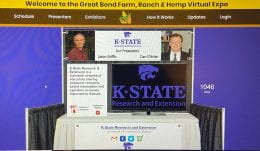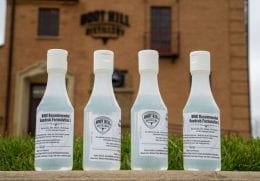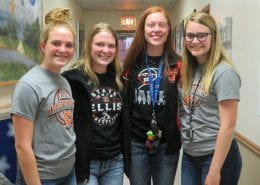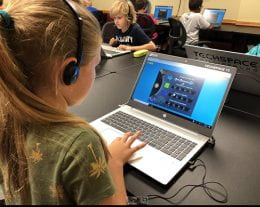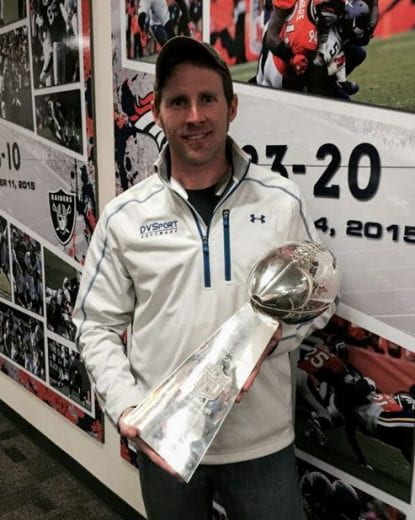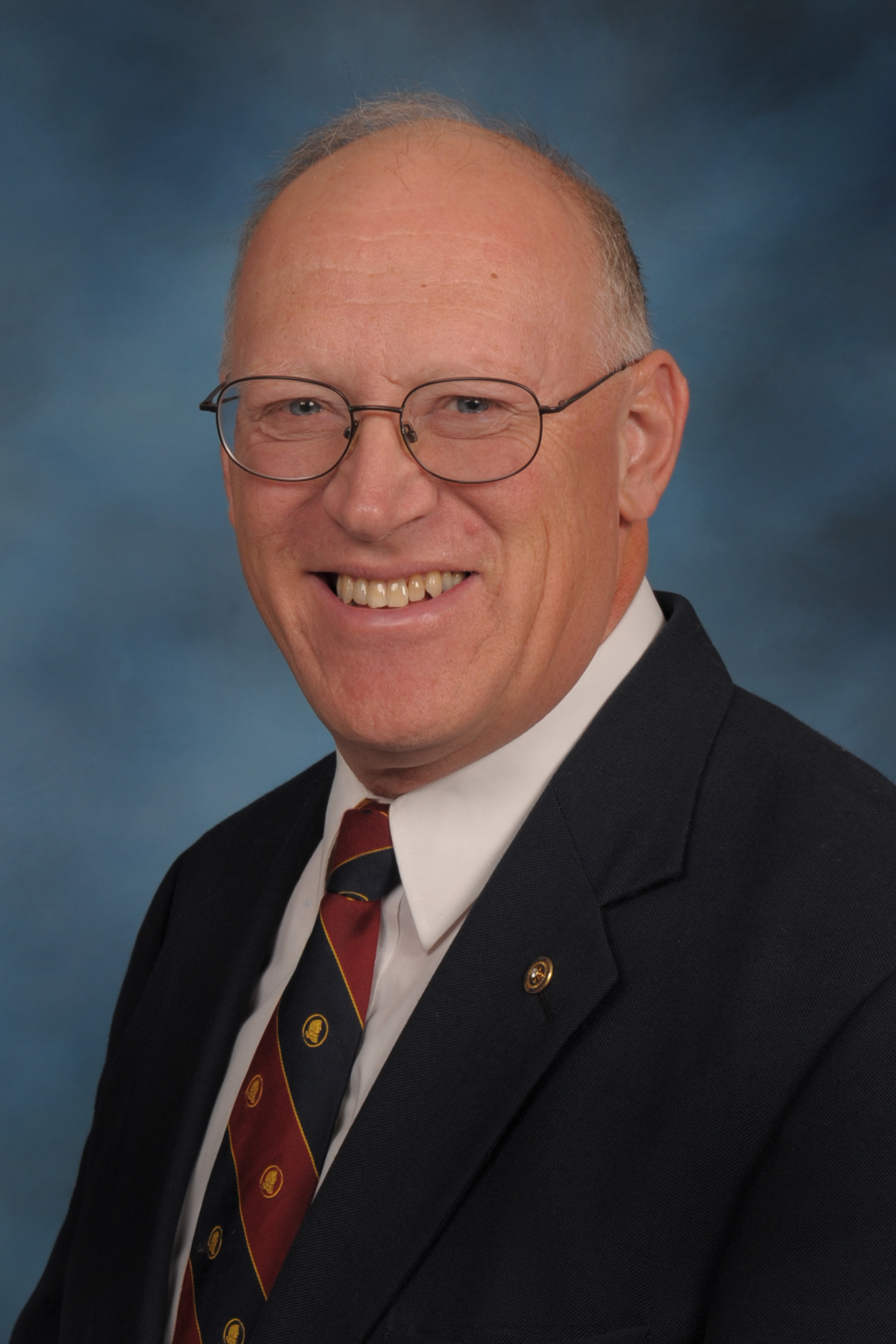By Ron Wilson, director of the Huck Boyd National Institute for Rural Development at Kansas State University.
Here comes a package of nasal swabs, important tools in fighting the coronavirus pandemic. These aren’t from some government stockpile or overseas supplier. They were manufactured on a 3D printer, as part of a project inspired by an economic development specialist in rural, southwest Kansas.
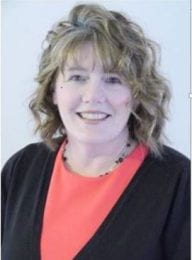
Lea Ann Seiler is the economic development director in Hodgeman County. She grew up near Manhattan, attended Riley County High School and then K-State, where she met and married her husband Gary. They moved to Hodgeman County where Gary became the ag teacher and they started their family. In 2008, Lea Ann became economic development director.
Among many other projects, Hodgeman County participated in the NetWork Kansas Youth Entrepreneurship Challenge. “I saw that our kids, and even our local businesses, needed access to tools and supplies which they could use for projects,” Lea Ann said. Continue reading “Kansas Profile – Now That’s Rural: Lea Ann Seiler, Hodgeman County makerspace”
